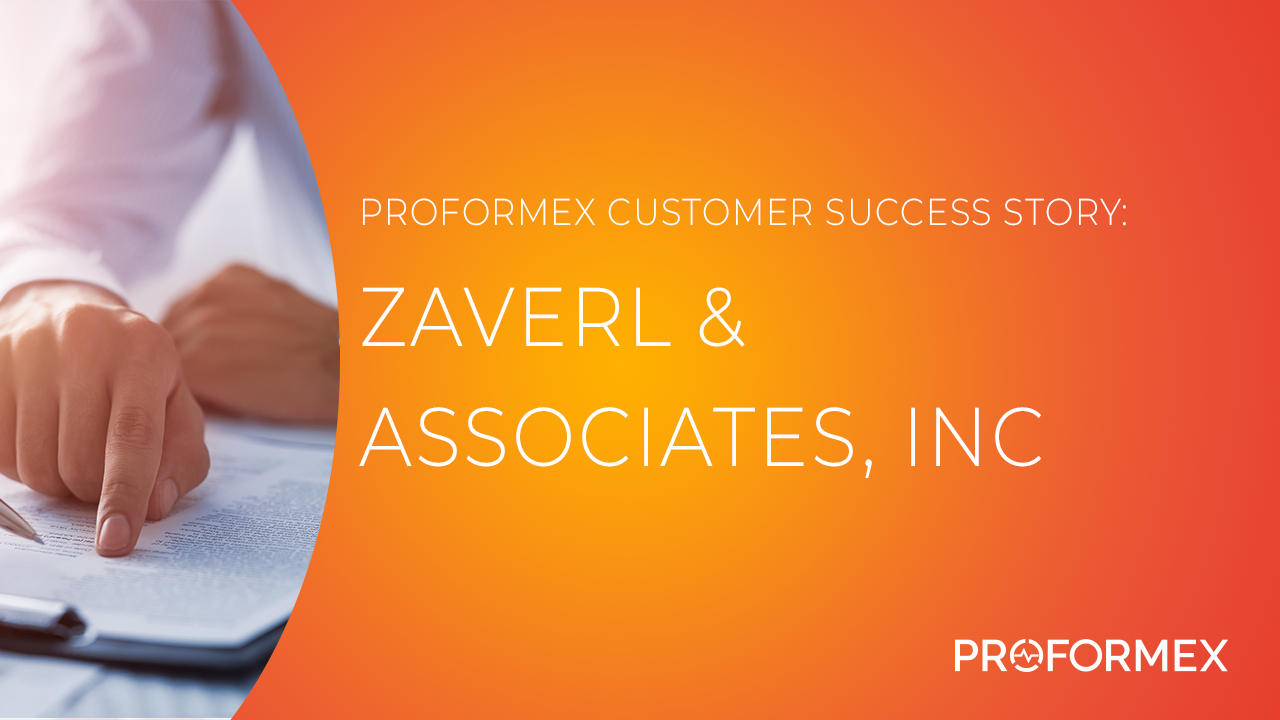Fiduciary duty is both a duty of loyalty and a duty of care. Since it's one of the highest obligations imposed by law, the potential consequences of failing to uphold this standard of care can be severe.
By switching to an automated inforce policy management solution like Proformex, you can help reduce some of your liability exposure and feel more confident that you're delivering this standard of care to all your clients.
Fiduciary Duty - Duty of Loyalty, Duty of Care
A fiduciary is a person who manages assets for the benefit of another person. Their responsibilities and duties involve being ethically obligated to act in that person's best interests. The possibility that a fiduciary is not performing their duties or are not achieving the best possible outcomes is referred to as "fiduciary risk".
Being a fiduciary comes with tremendous responsibilities. Fiduciaries are required to act in someone else’s best interests while maintaining a strict duty of care. Fiduciary obligation is ongoing and requires constant oversight, as it is the highest legal duty of one party to another. Fiduciaries are expected to always make appropriate decisions regardless of their own self interests. The following are examples of fiduciary duty:
- Avoid conflicts of interest
- Act in the person's best interest
- Never act in their own self interests
- Provide proper oversight
- Make decisions that protect and/or enhance outcomes
Because fiduciary obligation is one of the highest imposed by law, the implications of breaching that duty can be severe. It could include criminal penalties, but generally the penalties are civil and result in monetary damages being awarded. In some jurisdictions, punitive damages may even be awarded for violating the fiduciary obligation, especially if the violation was intentional or malicious. Punitive damages are not limited to actual losses and are intended to punish bad behavior. Money managers, financial advisers, bankers, attorneys and accountants can all be considered fiduciaries. The most common type of a fiduciary relationship is between a trustee and a beneficiary.
Trustee-Beneficiary Relationships
The trustee-beneficiary relationship is an important aspect of comprehensive estate planning, and special care should be taken to determine who is designated as trustee. A person designated as such should be trustworthy and capable of managing trust assets. A trustee is legally considered a fiduciary and thus has a fiduciary duty to make decisions that are in the best interest of the trust beneficiaries.
A trustee must always act in accordance with a fiduciary standard of care. This standard of care requires them to manage trust assets in good faith, exercising their powers as a prudent person would with reasonable care, skill and caution. Consequently, trustees must consider multiple factors when exercising the powers granted to them. A trustee has a duty to remain impartial and must not favor the interests of one trust beneficiary over those of another. Furthermore, a trustee has a duty to be loyal to the trust creator's wishes as expressed in the trust agreement and act as the trust creator would in the same circumstances. This is why it is so helpful when the trust creator places guiding language in either the trust instrument or other documents.
A fiduciary must avoid self-dealing or conflicts of interests in which the potential benefit to the trustee is in conflict with what is best for the trust beneficiary. Educating trust beneficiaries on the specific roles and fiduciary obligations trustees have, can help eliminate future misunderstandings or frustrations.
Irrevocable Life Insurance Trustees
An Irrevocable Life Insurance Trust or ILIT, is created primarily to own life insurance. In order to create an ILIT, an irrevocable trust must be established. The trustee, on behalf of the trust, owns the insurance policy. The ILIT is named as the beneficiary, so at death, the payout will go directly into the ILIT and will not have to go through probate. As a result, the trust beneficiaries can receive the benefits of the life insurance policy without having to pay income or estate taxes.
ILIT trustees must adhere to the statutes for the states in which the trust is domiciled and must establish a process for determining suitability of trust-owned life insurance on an ongoing basis. Policies should be monitored to ensure against risk of lapse and to identify options to keep the policy on track. Not having an established process could lead to unintended breach of fiduciary duties and possible legal liability against the trustee.
Through proper execution of a prudent process, ILIT trustees can reduce their liability by being confident they are fulfilling their fiduciary responsibilities.
Bottom Line for Fiduciaries
Fiduciaries should embrace their responsibilities and understand that they could be judged by their results. Fiduciaries who implement prudent asset management processes are fulfilling their fiduciary obligations.
More About Proformex
Proformex provides life insurance inforce policy management solutions to independent agents, financial advisors and trustees. Our carrier and distribution agnostic platform enables customers to securely store, manage and analyze their entire inforce book of business in one place. Designed to expedite the policy review process and proactively alert customers of potential problems with their client’s life insurance policies, Proformex protects policies against lapsing, degradation and asset erosion.
To learn more about how Proformex helps ILIT trustees meet their fiduciary obligations, visit our website.



